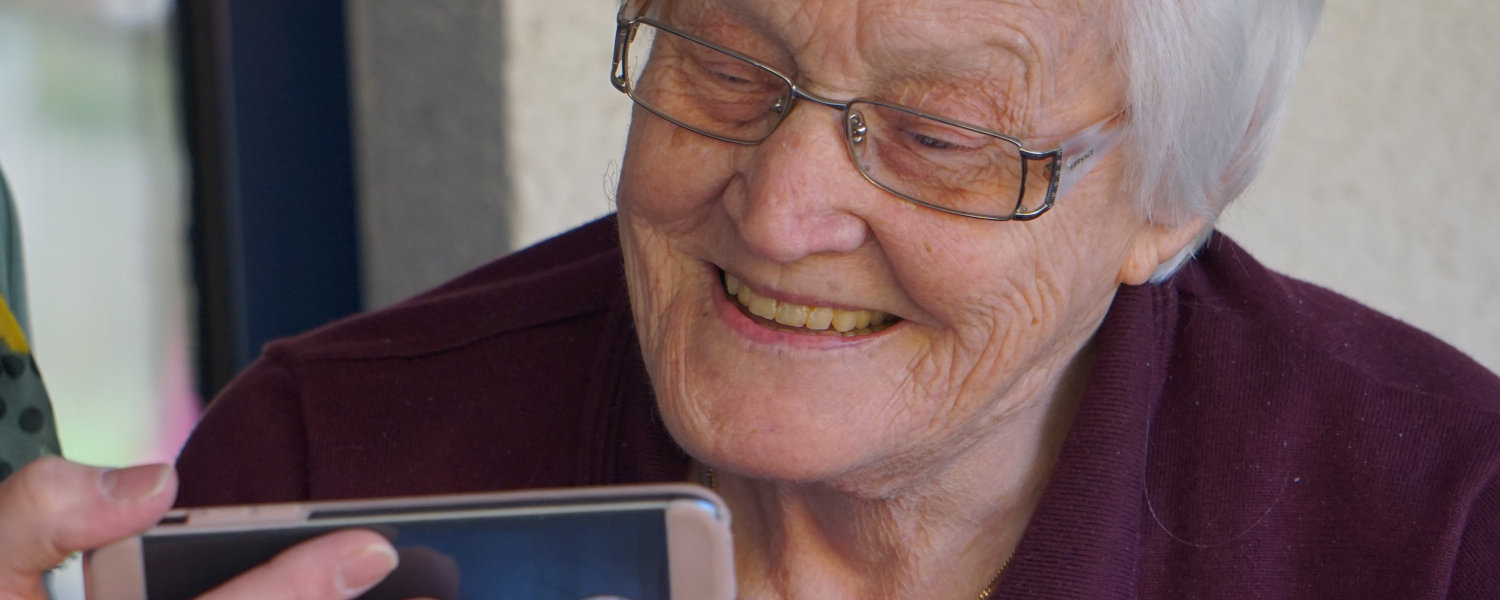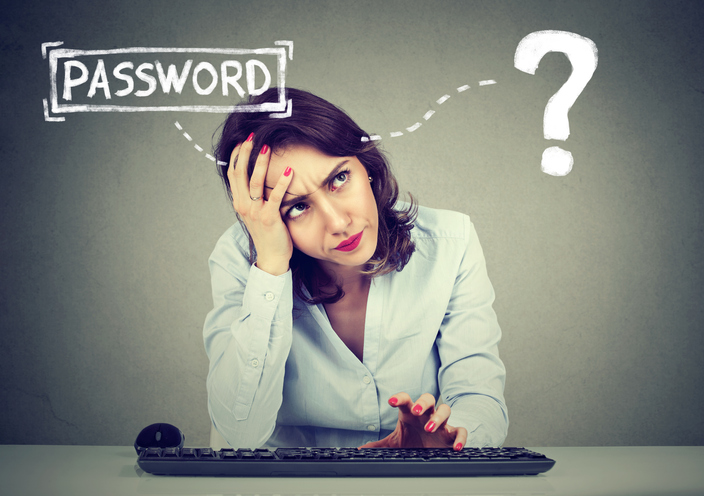There are a variety of different ways that you can consume cannabis. One of the most popular methods of consumption is edibles. Edibles are a discreet and easy way to consume cannabis, so they're an excellent choice for people who are new to using cannabis.1
From lessening pain to helping with sleep, cannabis edibles may provide a variety of health benefits that many seniors want to take advantage of.2
Many people choose edibles because they're easy to dose, and you can even make them at home. Edibles are a versatile cannabis option that may provide a variety of different health benefits when compared to smoking, so they're a great choice to consider.
Edibles may have a variety of different health benefits, but are edibles safe for seniors?
The Benefits of Edibles

There are so many different benefits that can come from taking edibles. Below are some benefits that many people have reported they've received after taking cannabis edibles.
Pain Relief: Pain relief is one of the most notable benefits that may come from edibles. One of the biggest reasons why some people take edibles is that they may provide longer-lasting pain relief than smoking can and may also play a role in reducing opioid prescriptions.1,3
Insomnia: Insomnia is another condition that many people take edibles for.4 While there is some conflicting clinical research about the effects of cannabis on sleep, many cannabis users report experiencing increased sleep when using cannabis.2 If you are using cannabis for sleep struggles, it is best to speak with your doctor beforehand. This is a good way to ensure you are on the right track and taking steps that will benefit your health.
Neuroprotective Properties: Did you know that cannabis may actually help protect your brain? Some research suggests that cannabinoids have neuroprotective properties, which may have potential in diseases like dementia and Alzheimer's.4,5
Anti-Anxiety: Research has demonstrated that THC has a dose-dependent response for anxiety, with lower doses potentially having anti-anxiety effects and higher doses inducing anxiety.6 If you are going to be using cannabis for anxiety relief, consider speaking to your doctor about your options and what may be best for you. Some individuals find that using high CBD products or strains may be the best course of action since it has potential anti-anxiety benefits but doesn't have the same potential to worsen anxiety as THC does.7
Compared to other forms of cannabis, edibles can be an excellent option for a few different reasons. Not only do edibles avoid the negative impact on your lungs that smoking can have, but they also can provide longer-lasting effects than smoking. When you purchase edibles from a reputable dispensary, you can be sure you know what you are getting, making edibles a reliable and trustworthy option.
Safety Precautions for Seniors Using Edibles

If you are a senior considering starting to take edibles, you may be wondering if there's anything you should keep in mind. There are a few basic tips that you can use to have the best cannabis experience possible.
One of the most important things to consider is the dosage of the edibles you are taking. It is important to start small.8 Starting with a lower dose can reduce some risks and give you more confidence. Choosing a product like a gummy is a great way to be sure how much cannabis you are consuming. If you choose an option like a brownie or a cookie, it can be more challenging to know how much THC you are consuming, which can lead to unpleasant experiences. If you've taken a low dose and aren't feeling much, it may be best to wait for about three hours and then take another small dose.
One concern that many people have when it comes to taking cannabis as a senior is cardiovascular health. There hasn't been much research that's examined the effects of cannabis on the heart, but there is some evidence that's shown THC could have a few different adverse effects on the cardiovascular system.9 If you are worried about the effects of cannabis on your cardiovascular system, consider keeping your dosage low and sticking to CBD-rich strains that may help mitigate possible risks. Always speak with a doctor before you combine cannabis with any other medication. This is the best way to stay safe and ensure that there aren't any potentially harmful interactions with any other medications you may take.
If you've never used cannabis before, having a trip sitter can be helpful. A trip sitter is someone sober and can be with you throughout the experience. They can provide emotional support and help you if you need anything. Being able to rely on a trip sitter can give you peace of mind, especially if you are new to using cannabis.
It is safe to sleep while you are high. Many people use cannabis because it does have the possibility of inducing sleep. If you have a bad high, then going to sleep is one of the best ways to deal with it. You'll most likely wake up feeling much better.
When using cannabis, it is important to make sure that you stay hydrated and you have healthy snacks on hand.
It is important to purchase edibles and other cannabis products from a reputable dispensary. This is the best way to be sure that you know what you are getting and that the edibles you are purchasing are safe to use.
In summary, edibles can be safe for seniors. Edibles may provide relief for symptoms that many seniors experience. With the stigma being reduced and recent legalization, cannabis edibles are becoming more and more popular. More research is needed to understand the potential benefits seniors can derive from consuming edibles and any possible pitfalls.
If you want to learn more about potential edibles to purchase, consider speaking with a licensed cannabis doctor or your local budtender.
References
- Barrus DG, Capogrossi KL, Cates SC, et al. Tasty THC: Promises and Challenges of Cannabis Edibles. Methods Rep RTI Press. 2016;2016:10.3768/rtipress.2016.op.0035.1611. doi:10.3768/rtipress.2016.op.0035.1611
↩︎ - Bachhuber M, Arnsten JH, Wurm G. Use of Cannabis to Relieve Pain and Promote Sleep by Customers at an Adult Use Dispensary. J Psychoactive Drugs. 2019;51(5):400-404. doi:10.1080/02791072.2019.1626953
↩︎ - Hill KP, Palastro MD, Johnson B, Ditre JW. Cannabis and Pain: A Clinical Review. Cannabis and Cannabinoid Research. 2017;2(1):96-104. doi:https://doi.org/10.1089/can.2017.0017
↩︎ - Kim SH, Yang JW, Kim KH, Kim JU, Yook TH. A Review on Studies of Marijuana for Alzheimer's Disease - Focusing on CBD, THC. J Pharmacopuncture. 2019;22(4):225-230. doi:10.3831/KPI.2019.22.030
↩︎ - Abate G, Uberti D, Tambaro S. Potential and Limits of Cannabinoids in Alzheimer's Disease Therapy. Biology (Basel). 2021;10(6):542. Published 2021 Jun 17. doi:10.3390/biology10060542
↩︎ - Sharpe L, Sinclair J, Kramer A, de Manincor M, Sarris J. Cannabis, a cause for anxiety? A critical appraisal of the anxiogenic and anxiolytic properties. Journal of Translational Medicine. 2020;18(1). doi:https://doi.org/10.1186/s12967-020-02518-2
↩︎ - García-Gutiérrez MS, Navarrete F, Gasparyan A, Austrich-Olivares A, Sala F, Manzanares J. Cannabidiol: A Potential New Alternative for the Treatment of Anxiety, Depression, and Psychotic Disorders. Biomolecules. 2020; 10(11):1575. https://doi.org/10.3390/biom10111575
↩︎ - MacCallum CA, Russo EB. Practical considerations in medical cannabis administration and dosing. European Journal of Internal Medicine. 2018;49(49):12-19. doi:https://doi.org/10.1016/j.ejim.2018.01.004
↩︎ - Subramaniam VN, Menezes AR, DeSchutter A, Lavie CJ. The Cardiovascular Effects of Marijuana: Are the Potential Adverse Effects Worth the High?. Mo Med. 2019;116(2):146-153.
↩︎
The information in this article and any included images or charts are for educational purposes only. This information is neither a substitute for, nor does it replace, professional legal advice or medical advice, diagnosis, or treatment. If you have any concerns or questions about laws, regulations, or your health, you should always consult with an attorney, physician or other licensed professional.




